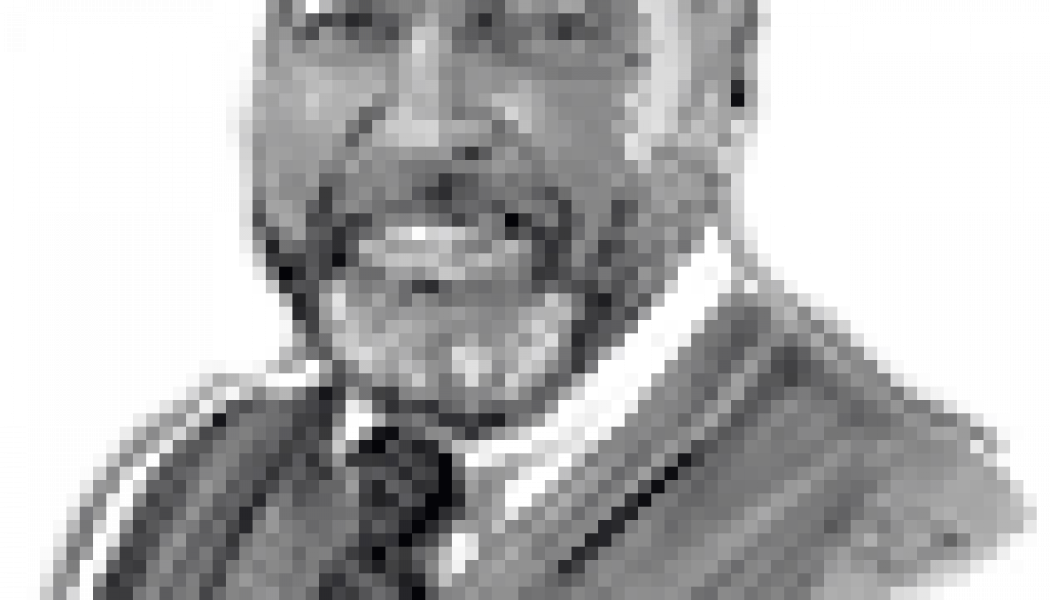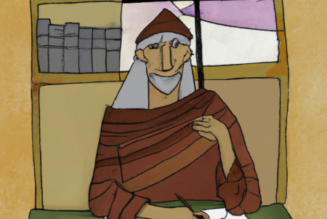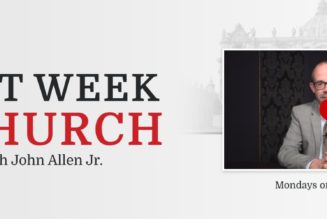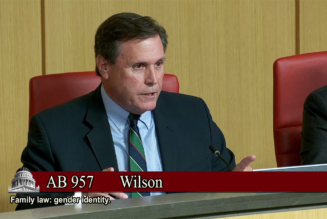By Phil Lawler ( bio – articles – email ) | Jun 10, 2020
For more than a dozen years, I have been sitting on the planning board in the little New England town where we live. Our task is to ensure that as the community grows, the new developments are in harmony with the spirit of the town—which is rural, scenic, and rich in historical character.
By now I know which sorts of proposals will trigger concerns among the town’s residents. As a community, we are appropriately worried about traffic and pollution, about the potential loss of scenic fields and agricultural lands, about tattoo parlors and big-box stores.
But above all, we as a community are afraid of children.
The reason for this fear is simple. The town’s revenues come primarily from real-estate taxes, paid by homeowners. The town’s single largest expense—dwarfing every other item on the annual budget—is the public-school system. When the public schools spend well over $15,000 per student each year, while the average family pays less than $10,000 in taxes, the budget is chronically out of balance.
Think about it: A family with two children in the public schools represents a net deficit of $20,000 per year for the town. A family with four children represents a loss of $50,000. And a family like mine, with seven children, would have been a disaster for the town—except that our children were home-schooled.
My town is far from unique. Most American cities and towns face the same unpleasant calculations. As the costs of public-school training continue to soar, and budget problems loom, towns worry about children. The ideal community development, it seems, consists of housing for the elderly, who will pay their taxes and not send any children to the local schools.
But is this a reasonable way to approach development? Do we really want to think of children as a burden on the community?
This problem has several different aspects. The first and most obvious is the exorbitant cost of public education, which cries out for reasonable remedies. The last several weeks have given millions of Americans their first taste of home schooling; perhaps it will open some eyes and encourage some reforms.
The second aspect of the problem is our social mobility. In past generations we might have reasoned that although we lost money on the education of our students, those students would eventually become adults, settle down in the community, and become taxpayers themselves. Today, however, the young people we educate today will most likely be living and paying taxes somewhere else when they come to maturity; our own community will never realize the profit from investing in their education.
But let’s set aside the policy-wonk aspects of the problem; they are material for discussions in other venues. Instead let me suggest that the fear of children is not only a phenomenon of small-town politics. In America today, it is a fear that stalks hundreds of thousands of family homes.
Why do couples enter into marriage with a firm determination to avoid pregnancy? Why is “family planning” a national obsession, and a leading American export? Aren’t roughly the same factors at play? We, as a society, think of children as a net expense rather than a net benefit. That sort of thinking is a social disease.
And is there another reason why adults might fear children? Is it possible that adults know, at some level, that eventually the children will grow old enough to ask pointed questions, to recognize the spiritual poverty of their elders? Psychologists speak of the “integrity crisis”—the point in middle age when adults confront fundamental questions about whether they are living in accordance with their own moral principles. Young adults have a way of forcing those questions, and if their parents have been consumed by materialism, they will have no adequate answers.
There are a few communities, here and there across America, that have succeeded in discouraging young families from settling within their borders. These towns have kept their quiet, bucolic character; they have balanced their budgets (for now). But their people are aging, their populations are shrinking. The communities are dying.
Children are a product of love, a sign of hope, an indication of faith in Providence. To fear children is to succumb to the culture of death.
Sound Off! CatholicCulture.org supporters weigh in.
All comments are moderated. To lighten our editing burden, only current donors are allowed to Sound Off. If you are a current donor, log in to see the comment form; otherwise please support our work, and Sound Off!









